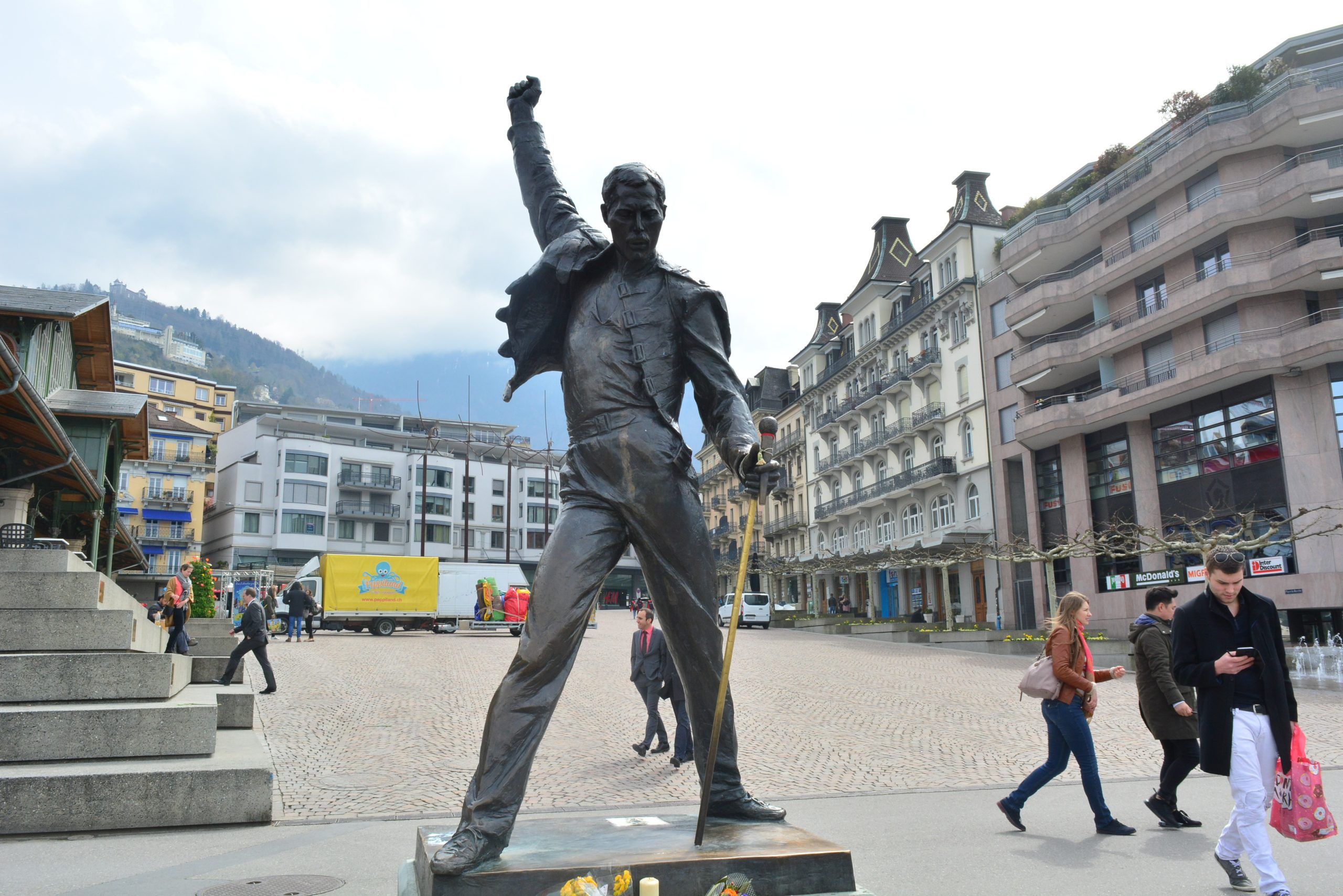Recording studios today run on surgical precision. Vocals get comped from dozens of takes, drums get quantized to mathematical perfection, and pitch correction scrubs away every human wobble. Yet buried in music history are songs that defied this edit-everything mentality before it even existed—iconic tracks captured in single, unrepeatable takes that no amount of studio wizardry could recreate.
These one-take wonders stand as monuments to musical spontaneity, preserving moments when artists hit that sweet spot between preparation and pure instinct.
When Lightning Struck the Studio
Some of music’s biggest anthems emerged from raw, unfiltered first attempts.
Queen’s “We Will Rock You” built its legendary stomp-stomp-clap around a single microphone, with Freddie Mercury’s vocal captured live alongside the percussive chaos. Brian May wanted that “participatory” energy you feel at football stadiums—the kind that emerges when thousands of people move as one. Multiple takes would have sterilized that primal communal pulse.
John Lennon took the opposite approach with “Imagine,” sitting at his piano for one intimate run-through that became the master take. You can hear his breath between phrases, feel the slight hesitations that make the performance breathe. That warmth comes from capturing voice and piano simultaneously, creating an emotional cocoon no overdub session could match.
Raw Emotion, Perfect Timing
Modern producers discovered that guide vocals and scratch tracks sometimes contain irreplaceable magic.
Producer Greg Kurstin learned this lesson with Adele’s “Hello.” He intended her first run-through as a mere guide vocal—a rough sketch for the real take. Instead, Adele delivered such devastating emotional precision that Kurstin kept rolling and declared it finished. That vulnerability you hear isn’t acting; it’s Adele processing heartbreak in real time.
R.E.M.’s “Man on the Moon” emerged from similar spontaneity, with producer Scott Litt capturing the entire backing track in one flawless take. Michael Stipe’s vocal—that first mysterious pass through the lyrics—stayed on the final record, preserving the song’s enigmatic quality.
U2’s “Where the Streets Have No Name” nearly got erased by producer Brian Eno, who threatened to wipe the tape because he knew they’d never capture that first take’s intensity again. That’s the sound of four musicians hitting a collective zone that studio veterans recognize instantly—and fear losing forever.
These tracks prove that perfection isn’t always perfect. Sometimes the magic lives in the spaces between the beats, in the slight imperfections that remind you humans made this music. In our age of infinite takes and digital perfection, these songs feel like transmissions from another planet—one where spontaneity still trumped safety.


























